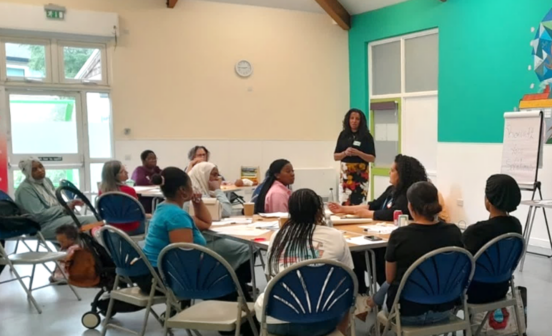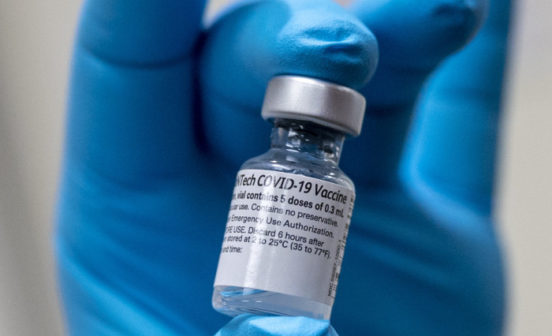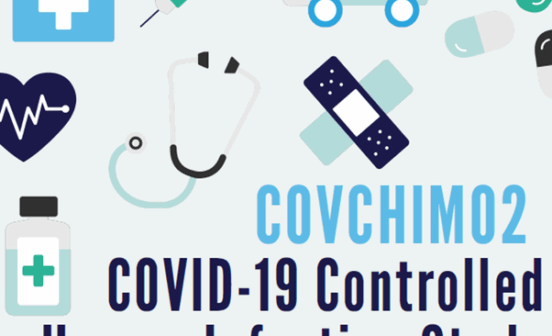Informatics ApproachesTherapeutic Online Community Involvement in COVID-19 Research

As part of the Imperial College COVID-19 Response, the Patient Experience Research Centre (PERC) at Imperial College London are developing research to explore and understand people’s views about, experiences of and behavioural responses to the 2019-novel coronavirus (COVID-19) outbreak, in the UK and elsewhere. To guide that effort and to help inform COVID-19 research and responses more broadly, for example in mathematical modelling and policy, PERC launched an online community involvement initiative using VOICE-global as the platform, that sought rapid, early insight from members of the public and aimed to establish a network for ongoing community engagement.
Between 6 and 15 March, PERC distributed an online feedback form to existing public partners and the wider general public via email, WhatsApp, social media (Twitter) and using VOICE-global; an online platform for public involvement in research. They received responses from 420 people; over half of these signed up to be updated about and/or involved in our ongoing work. 73% of respondents described themselves as members of the public, with some referencing their work sector (e.g. teacher, retired) or health interest.
Prioritise areas recognised for COVID-19 research
While vaccine development was considered the most urgent research priority for many respondents, almost all (95%) respondents thought social studies exploring the public’s experiences, risk perceptions and behaviours during this outbreak was necessary and important. They described how such research could:
- Help improve the way the current outbreak response is planned and implemented;
- Improve the way information and guidance is provided to and understood by the public;
- Optimise the support provided to communities and vulnerable groups; and
- Improve future outbreak preparedness.
Other recommended areas of research included:
- Understanding the role of the media in influencing how people react and respond;
- Furthering our basic understanding of the virus – how it spreads, who it affects the most and why, and whether people achieve and maintain immunity after being infected;
- Critiquing the UK’s response to the pandemic against that of other countries; and
- Ensuring lessons can be learnt from this outbreak to better equip us for future outbreaks, and public health emergencies in general.
Key unmet needs amongst communities
The main challenges described by respondents were ineffective communication, including access to information and information overload; and conflicting guidance and misinformation. Respondents’ described feelings of concern, confusion and, in some cases, panic as a result of these communication and information challenges. Others shared their frustration that there was nowhere to post their concerns or questions. In addition, respondents expressed a need for more detailed and bespoke practical guidance about their risk and how best to prepare and protect themselves and their loved ones.
Almost half (47%) wanted to hear about the latest research on the virus, and 45% wanted a dedicated internet portal where they could access the latest information and trusted guidance. Making information more accessible to different communities, including those who are not online and those who have English as a second language was also highlighted as a priority.
Conclusion
The initiative described here highlights the invaluable insights that can be gained from engaging with the public during this COVID-19 outbreak. Our online approach was unique in involving and mobilising communities remotely prior to the UK lockdown on 16 March 2020. feedback received reveals a need for greater dialogue between UK communities and the government, alongside more effective communication. Online forms and discussion forums offer one way this could be initiated to gain rapid public insight early on in an outbreak.
PERC will continue to provide updates about our Community Involvement Initiative via the opportunity page on VOICE.
This study was supported & funded by NIHR Imperial BRC and the Wellcome Trust People Like You Collaborative Award.





